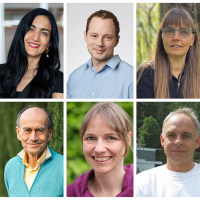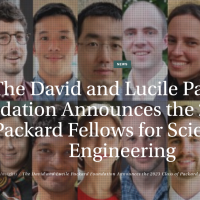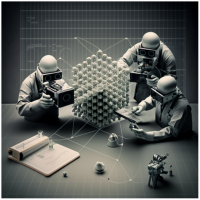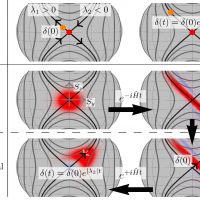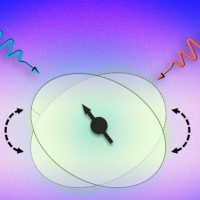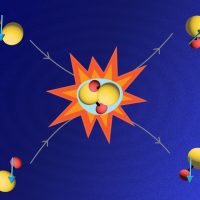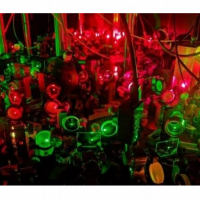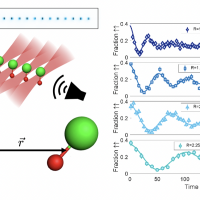News
Fri April 14, 2023
Measuring Arbitrary Physical Properties in Analog Quantum Simulation (Choi Group)
News type:
Tue April 11, 2023
Quantum Scrambling with Time-Reversal: A Powerful Tool for Exponentially Enhanced Metrology
News type:
Tue November 22, 2022
Quantum entanglement between ultracold molecules in optical tweezer array
News type:
